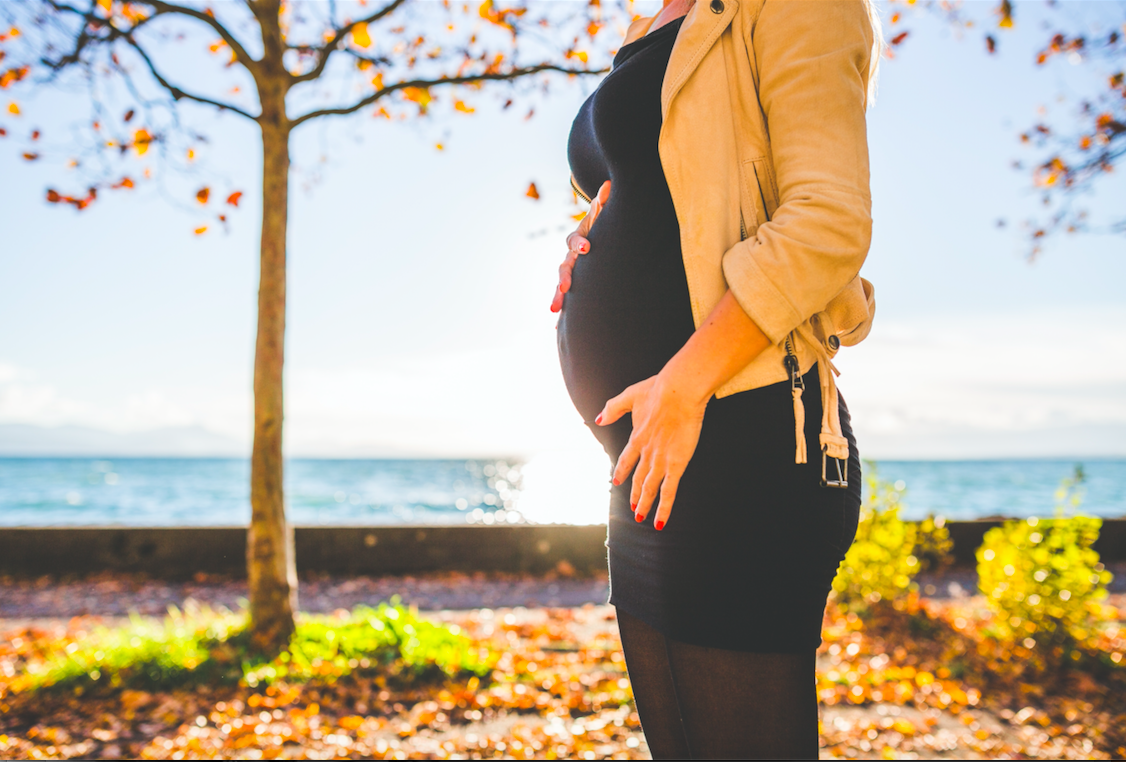Viral Photos of Teachers Working Highlights Huge Problem New Parents Face Too Often
By:
Two recent heartwarming photos demonstrating the incredible dedication of teachers to their students have gone viral, sparking conversation about something all new parents deserve: better parental policies.
 Pixabay - pixabay.com
Pixabay - pixabay.com
A photo of an expectant mom and second grade teacher in Fort Worth, Texas, resonated with a lot of people after it was posted on Facebook on April 26 - garnering over 21,000 reactions and 7,100 shares.
Jennifer Pope was reviewing her lesson plan for her substitute, while she in labor and she actually delivered her fourth child an hour after the photo was taken.
Many Facebook users chimed in with support for the teacher, noting that it was inspiring how much Pope cared for her students.
But the mom's story also brings to light the struggles faced by new many moms in the United States — the only developed country that doesn't guarantee paid maternity leave.
Teachers often have it particularly rough, as the nature of the job makes it hard to take time off in the first place. "Unpaid maternity leave, I think affects any mother or family welcoming a new baby," Pope told ATTN:. "But I think that particularly for teachers — even though we're away from the classroom we are never completely disconnected from our work. There are still grades to be calculated, conferences to be held, and a variety of other tasks that really cannot be passed off to someone else."
Not only that but in America, having a child means putting your job — and income — on the line.
In terms of family leave and paid time off afforded to employees after childbirth, the United States ranks dead last among developed nations. However, new parents can expect to receive 12 weeks of protected leave, meaning that if you return within three months of giving birth, your job will be there for you when you get back. But even that benefit only applies to people working at companies with 50 or more employees. In other words, if you work at a company employing 50 or less, you could be de-facto fired for taking time off to care for a newborn.
Even in Canada, where maternity leave is more generous, people struggle with the logistics of caring for a newborn. That's exactly the position Kari Hachey and her husband found themselves in when she posted this photo:
"On the other side of the coin, this is my husband correcting papers and finishing lesson plans for his sub the day after we had our second baby girl. He received a couple days off and still went into the school every evening to make sure everything was prepped for the next day. My heart explodes at his dedication but also knows that it shouldn't have to be like this for teachers," Hachey wrote in the caption of the photo.
According to Hachey, her husband could only take a couple days off, since she elected to take the full year. And indeed, even in Canada, teachers are consistently going the extra mile. "[My husband] was more than supported in taking a couple days off with a substitute teacher, but it's the silent expectation of teachers to go the extra mile," Hachey told ATTN:, before adding:
"It was tough seeing him divide his sleep deprived time between work and family. Especially on the days he had off."
"In Canada, mothers who have completed at least six months of work with a company are eligible for a 17-week maternity leave after her pregnancy. Following the maternity leave period, both parents can share the remaining 37 weeks of parental leave," according to HuffPost.
.jpg?auto=format&crop=faces&fit=crop&q=60&w=736&ixlib=js-1.1.0) Stocksy/Holly Clark - stocksy.com
Stocksy/Holly Clark - stocksy.com
For all Americans, your pay is fully at the discretion of your boss — you have no legal right to pay while taking family leave. But most bosses aren't inclined to pay new mothers and fathers. Only 11 percent of American workers received paid family leave in 2012, according to the Bureau of Labor Statistics.
This is not the case in other countries. Estonia, at the top of the list, offers 108 weeks of paid family leave — yes, that's a little over two years — and 180 weeks of protected leave. This means that, should Estonians choose to, they can receive pay to devote all their time to raising their child through the first two years, and their job is guaranteed until their child is a little over 3 years old — about the time when most children start attending preschool.
While social media posts like these shed a light on the often impressive dedication of our teachers, the reality is that neither teaching nor any other job should require such a heavy lift during the first few weeks of a child's life.
